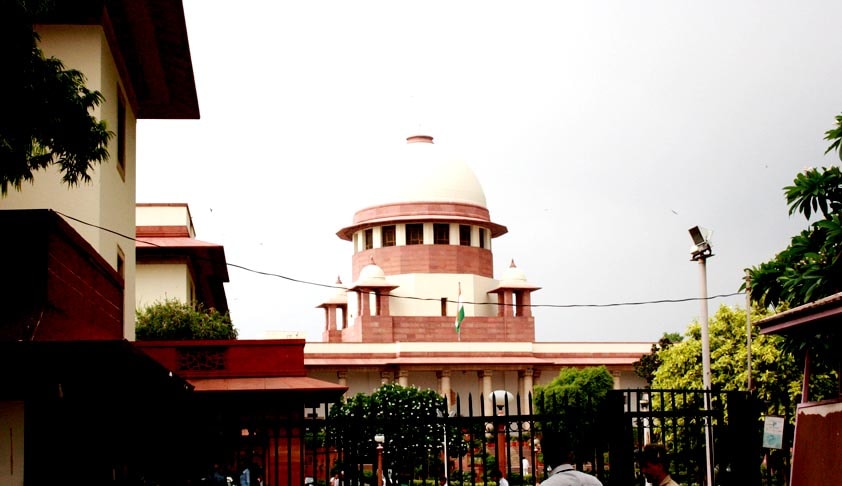SC’s Order In Uphaar Review Case Exposes Sentencing Anomalies
LiveLaw Research Team
10 Feb 2017 10:01 AM IST

Next Story
10 Feb 2017 10:01 AM IST
Seventy four-year old Zaibunnisa Anwar Kazi and actor Sanjay Dutt were convicted for the same offence of hoarding ammunition. Both were sentenced to five years imprisonment. Yet, when Sanjay Dutt’s sentence was remitted last year, Zaibunnisa’s sentence was not remitted despite her age. Zaibunnisa, who exhausted all her remedies including the curative petition in the Supreme Court, was...
